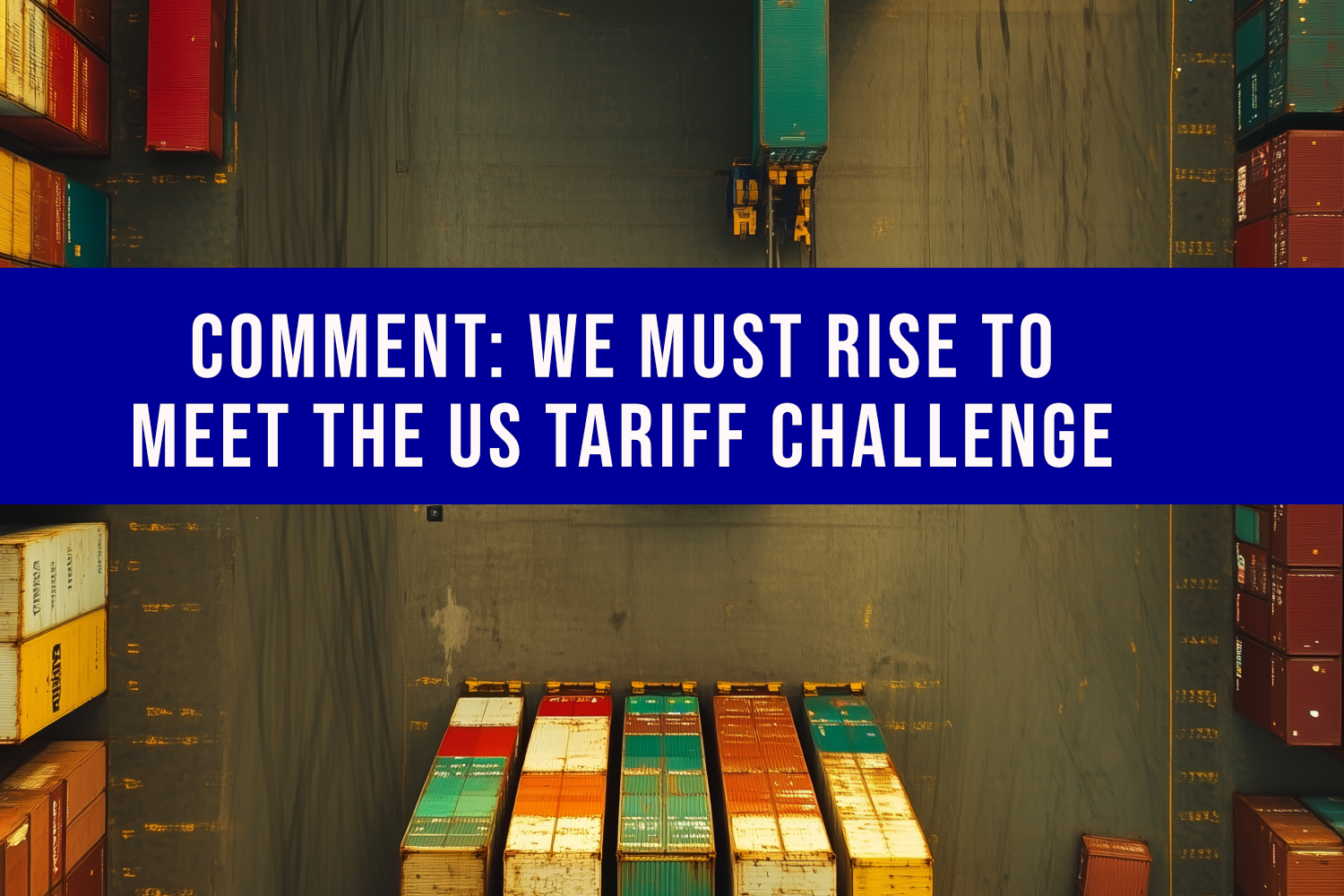Comment: We Must Rise to Meet the US Tariff Challenge
US tariffs ranging from 10 to 54 per cent took effect on April 2 across the world, along with a $1.5 million levy on ships arriving from China. The Caribbean is enormously impacted by these tariffs, which is why it’s time for us to seize the opportunity and grow from the shock. remarkable adaptability and determination.
It’s time to accelerate the visionary “25 by 2025” initiative, now extended to 2030, which aims to reduce our $6 billion food import bill by 25 percent. The tariffs provide the perfect catalyst to redouble our commitment to agricultural self-sufficiency and regional trade networks.
The Chair of the Caribbean Community (CARICOM) and Prime Minister of Barbados Mia Mottley has show strong leadership so far, rallying regional cooperation while acknowledging the progress already made: “We’ve already started to reap some successes, especially in the field of agriculture.” These early wins demonstrate our potential for transformation.
The private sector’s swift response is equally encouraging. Organisations like the Caribbean Private Sector Organisation and the St Kitts and Nevis Chamber of Industry and Commerce are actively engaging in consultations and advocacy. This public-private collaboration exemplifies the Caribbean’s cooperative spirit.
Even tourism, our economic cornerstone, stands to benefit from strategic innovation. Mottley’s call for an “immediate tourism strategy” could lead to more sustainable and diversified offerings that better serve both visitors and locals alike.
But there is more to be done. Throughout history, Caribbean people have turned challenges into opportunities. These tariffs may well become the impetus for economic reinvention and regional integration that we’ve long discussed. By focusing on local agriculture production, strengthening intra-regional trade, and leveraging our creativity, we can emerge stronger and more self-reliant.
The path forward requires unity and determination, but these are qualities the Caribbean has in abundance. Together, we can transform this challenge into a catalyst for lasting economic independence.
Share this content:












Post Comment